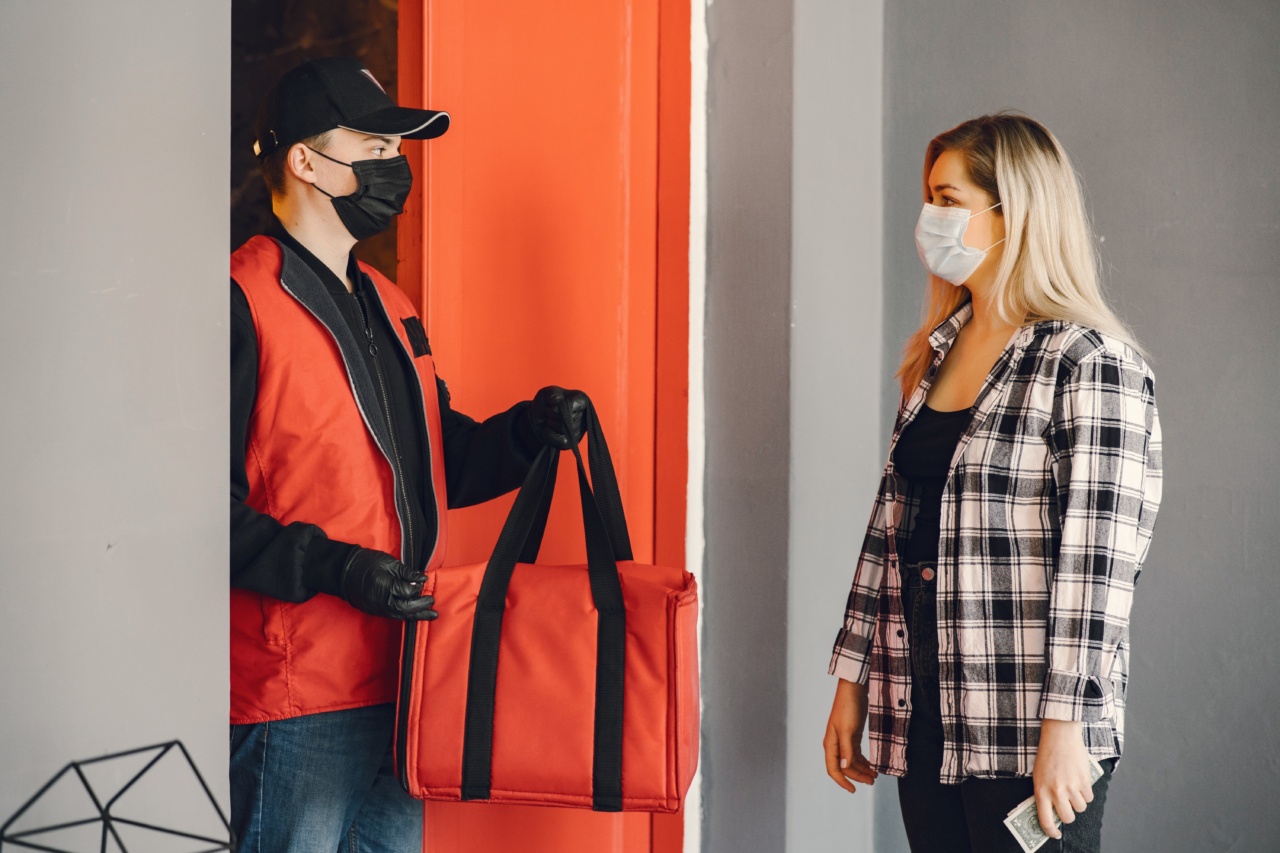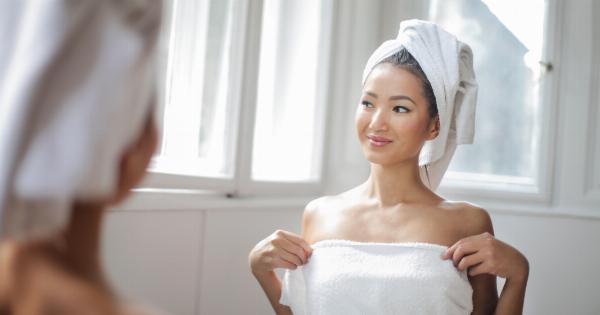Sunburn is a common skin condition caused by the overexposure of the skin to the sun’s ultraviolet (UV) rays. It can be a painful and unsightly condition that can result in long-term damage to the skin.
While there are many factors that can increase the risk of sunburn, recent studies have found that the timing of meals may also play a role in the risk of sunburn.
What is Sunburn?
Sunburn occurs when the skin is exposed to too much UV radiation from the sun. UV radiation can damage the DNA in the skin cells, leading to inflammation, redness, pain, and sometimes blisters.
Repeated exposure to UV radiation can also increase the risk of skin cancer, making sunburn a serious health concern.
The Relationship Between Meals and Sunburn
Recent studies have suggested that the timing of meals may be linked to the risk of sunburn.
One study found that people who ate their largest meal of the day later in the evening, between 6 pm and 9 pm, had a higher risk of sunburn than those who ate their largest meal earlier in the day. The study also found that people who ate a high-fat diet had a higher risk of sunburn than those who ate a low-fat diet.
Another study found that people who skipped breakfast had a higher risk of sunburn than those who ate breakfast regularly.
The study suggested that skipping breakfast may disrupt the circadian rhythm, making the skin more vulnerable to the damaging effects of UV radiation.
Why Might Meal Timing Affect Sunburn Risk?
The exact mechanisms behind the relationship between meal timing and sunburn risk are not fully understood. However, some theories suggest that the timing of meals can affect the body’s internal clock, or circadian rhythm.
The circadian rhythm is a 24-hour cycle that regulates many physiological functions, including the sleep-wake cycle and hormone production.
Studies have shown that the circadian rhythm also regulates the skin’s response to UV radiation. For example, the skin’s ability to repair DNA damage caused by UV radiation is highest at night, when the body is in a state of rest and repair.
Therefore, disruptions to the circadian rhythm, such as those caused by eating late or skipping meals, may impair the skin’s ability to repair DNA damage and increase the risk of sunburn.
Other Factors that Can Increase Sunburn Risk
While meal timing may play a role in sunburn risk, it is only one of many factors that can increase the risk of this condition. Other factors that can increase sunburn risk include:.
- Exposure to UV radiation from the sun or tanning beds
- Fair skin
- Family history of skin cancer
- Use of certain medications, such as antibiotics and acne medications
- History of frequent sunburns
How to Prevent Sunburn
Preventing sunburn is important to reduce the risk of long-term damage to the skin. Some tips for preventing sunburn include:.
- Wearing protective clothing that covers the skin
- Using sunscreen with SPF 30 or higher
- Avoiding sun exposure during the midday hours, when the sun’s UV radiation is strongest
- Wearing sunglasses to protect the eyes from UV radiation
- Seeking shade when outdoors for extended periods of time
Conclusion
The timing of meals may be one factor that can increase the risk of sunburn, but it is not the only factor.
It is important for individuals to take appropriate measures to protect their skin from the damaging effects of UV radiation, regardless of their meal timing habits. By incorporating sun-safe practices into their daily routines, individuals can reduce their risk of sunburn and promote long-term skin health.


























